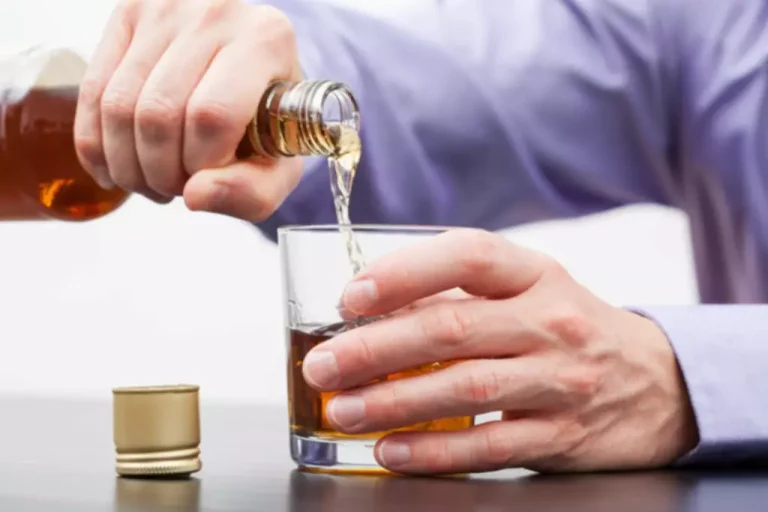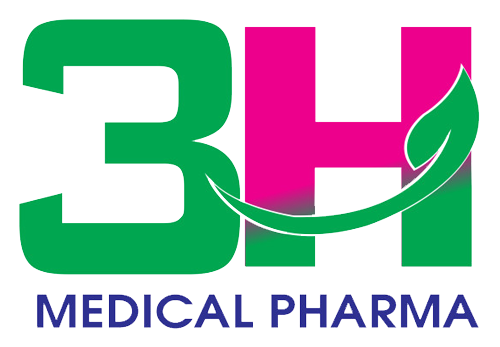
There are no specific medications that counteract the effects of amphetamines or that prolong abstinence from and reduce the abuse of amphetamines. However, there are a number of medications that are FDA-approved for other illnesses that might also be useful in treating amphetamine addiction. Recent findings indicate that bupropion, the anti-depressant marketed as Wellbutrin, may reduce a methamphetamine-induced high as well as drug cravings elicited by drug-related cues. This medication and others are currently in clinical trials, while new compounds are being developed and studied in preclinical models. Users of amphetamines are also twice as likely to need long-term treatment than users of other drugs (17% versus 8%).
What Are the Side Effects of Amphetamines?
The combined mean duration of amphetamine use histories and length of time since last use of amphetamine prior to admission for the two studies on amineptine was 23.6 months and 55.2 hours, respectively. Participants in the Kongsakon 2005 study were detainees from a probation facility who were diagnosed with amphetamine dependence by DSM‐IV criteria. All the participants in this study were males and had an average age of 24.3 years. https://ecosoberhouse.com/ Participants in the Cruickshank 2008 study were those that met DSM‐IV criteria for amphetamine dependence, reported using amphetamine or methamphetamine within the last 72 hours, and were recruited from two drug and alcohol out‐patient clinics. One rationale guiding selection of medications for amphetamine withdrawal involves using a medication to stabilize dopamine, norepinephrine or serotonin neurotransmission to provide relief from withdrawal symptoms.

Depression

In the previous version of the DSM (DSM-IV) 7, the classification listed ‘dependence’ rather than ‘use disorder’; with ‘moderate to severe’ SUD being regarded as equivalent to ‘dependence’. The International Classification of Diseases (ICD) 10th Revision (ICD-10) recognises ‘stimulant dependence syndrome’ and ‘stimulant withdrawal state’ 8. However, neither diagnostic tool differentiates between AMPH/MA and other non-cocaine stimulant SUDs; while marijuana addiction the 11th Revision of the ICD narrows the definition to “stimulant dependence including amphetamines, methamphetamine or methcathinone” 9.
Amphetamine Addiction Treatment Levels of Care
Medication adherence also needs to be better examined and monitored in trials, particularly when using medications with abuse liability (e.g. psychoactive medications such as stimulants). Finally, because of the similarities in chemical structure and behavioural, psychological and physical effects of AMPH and MA 84, we have included studies of AMPH and MA, and studies that did not distinguish between AMPH and MA. MA and AMPH may be knowingly or unknowingly consumed or co-consumed in uncertain concentrations, with variability over time and place.
Amineptine was initially used as an antidepressant in France; availability of amineptine was limited in other countries. Amineptine was voluntarily withdrawn from the market in 1999 due to reports of amineptine abuse. Mirtazapine is an antidepressant with a relatively good tolerance and safety profile. Food and Drug Administration and is commonly used to treat moderate to amphetamine addiction severe depression. Mirtazapine is a tetracyclic piperazinoazepine that enhances central noradrenergic and serotonergic activity by blocking alpha2 receptors and selectively antagonizing 5HT2 and 5HT3 receptors (De Boer 1996). Mirtazapine has also shown to improve suicidal ideation, to show relatively few side effects, and to show little abuse potential.


However, these programs have been more successful in some states than others. Because of this, a person living with addiction is not “weak” or “lacking in willpower.” A person can manage this chronic, progressive health condition with appropriate treatment, just as people can manage many other health conditions. A person living with an addiction may find that they cannot control their use of a particular substance or activity, such as drinking alcohol, smoking, using recreational drugs, or gambling. This is not the same as substance dependency — the physical symptoms of tolerance and withdrawal.

Links to NCBI Databases
However, there is little data on which to assess whether there are distinct differences in use disorders due to these two substances; further assessment is required. A single, recent American study assessed varenicline (1 mg po BD) as a pharmacotherapy for MA dependence 27. There were no differences between treatment and placebo arms for any measures of dependence; however, there was a reduction in cigarettes smoked in the treatment arm (consistent with its licensed indication as a smoking cessation medication). Stimulant drugs are second only to cannabis as the most widely used class of illicit drug globally, accounting for 68 million past-year consumers. Dependence on amphetamines (AMPH) or methamphetamine (MA) is a growing global concern.
- You shouldn’t drink alcohol while taking amphetamines because it could cause an unsafe reaction in your body that could lead to addiction.
- Other than raw data (e.g. death), the outcomes derived from only valid scales were included in the reviews.
- Two reviewers participated in searching the literature (M.E and A.M; the firth author).
- Schedule a time each day to take your amphetamines and stick to that schedule.
- Amineptine was initially used as an antidepressant in France; availability of amineptine was limited in other countries.
- There are a few pharmacotherapy candidates for the treatment of AMPH/MA dependence/use disorder that demonstrate some weak positive signals.
- Both studies were in MA-dependent inpatient males with no co-occurring substance use disorder.
This systematic review revealed that participant engagement in treatment was high, abstinence from amphetamines was substantial and improvements in the social and health conditions of the participants were considerable. Furthermore, no harm was reported by patients who received pharmacological treatments or BCBT alone or combined. However, assessments of amphetamines abuse were largely based on self-report. Nevertheless, studies have indicated that the self-report of drug-related problems is reliable, as long as participation is voluntary and results remain confidential 27.
Characteristics of excluded studies ordered by study ID
Abuse of methamphetamine can cause long-lasting brain damage along with other problems. The drug is typically made in clandestine laboratories with relatively inexpensive over-the-counter ingredients. You should only take the amount of amphetamine as prescribed by your healthcare provider. Misusing or taking amphetamines that your provider did not prescribe to you can cause dangerous side effects and could lead to addiction or death. To avoid withdrawal symptoms, take your medication exactly as your provider prescribed it to you. Schedule a time to take it every day and stick to that same schedule for the duration that you’re taking the drug.

 Hotline hỗ trợ 24/7:
Hotline hỗ trợ 24/7: Thời gian mở cửa:
Thời gian mở cửa: